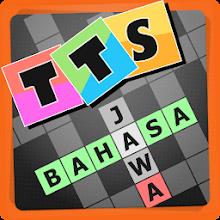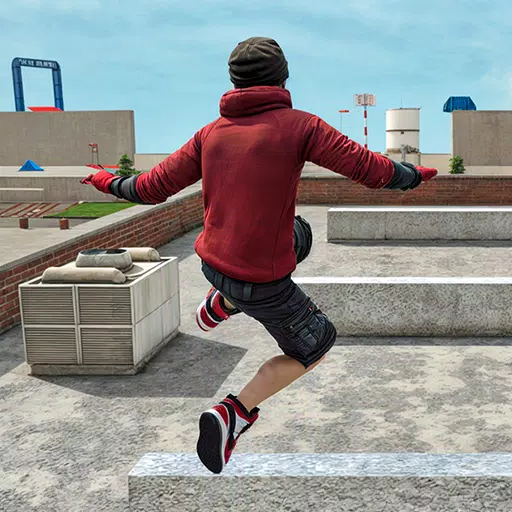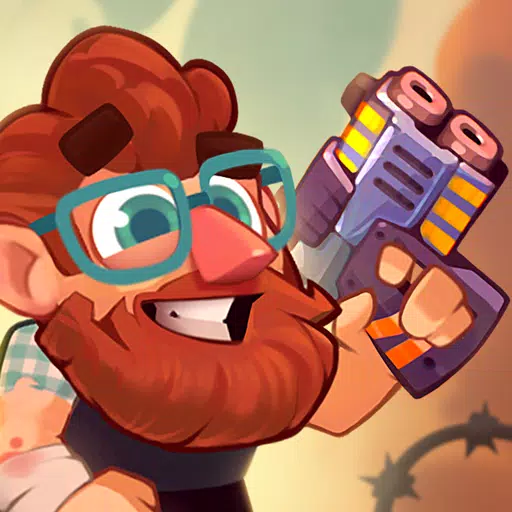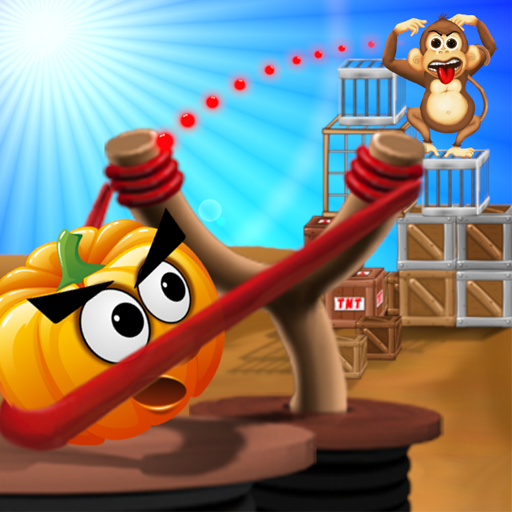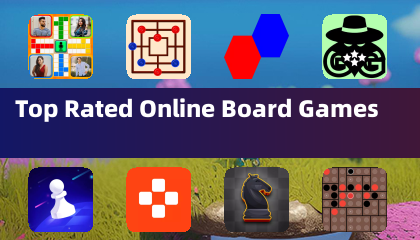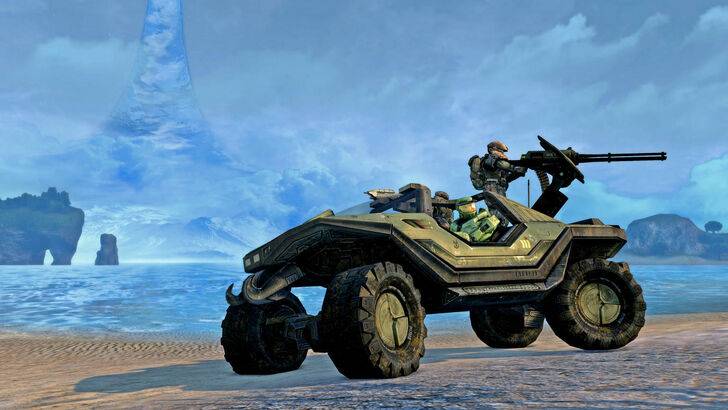
The 2011 remake of Halo: Combat Evolved Anniversary marked a significant turning point for then-independent studio Saber Interactive, who ambitiously offered to undertake the project for free. Delve into the story of how this strategic decision paid off and propelled the studio from obscurity to industry recognition.
Saber Interactive Offered To Do Halo For Free
A Huge Opportunity For An Independent Studio
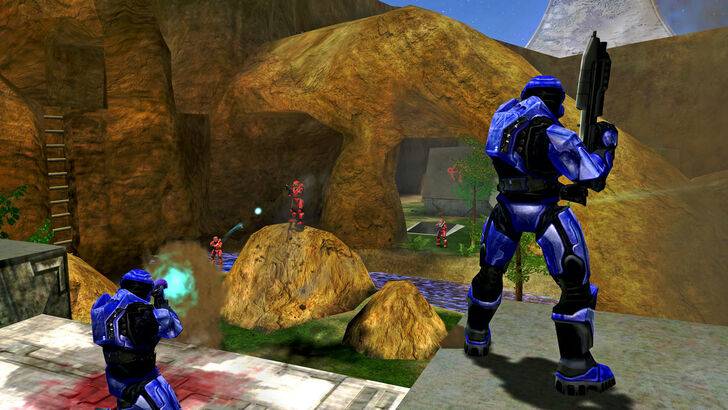
In a revealing interview with journalist Stephen Totilo for Game File, Saber Interactive's CEO and co-founder Matthew Karch explained the studio's bold pitch to Microsoft. He stated that they were willing to remaster the iconic first Halo game without any financial compensation, driven by the allure of working on "Halo." The Xbox executive present was taken aback by this proposal, but Karch saw it as an invaluable opportunity for his fledgling studio. "It’s the biggest franchise in the world at the time," he explained. "I said: ‘It’s like putting a Harvard diploma on your wall. Everyone in the world is going to want to work with me after they see that I’ve worked on this last Halo game, and it is going to open up doors. So I’ll suck it up and I’ll do it at a loss.'"
Saber's gamble paid off when they secured the project and successfully released Halo: Combat Evolved Anniversary on the Xbox 360 in 2011. Although Karch had initially proposed a modest $4 million budget at Microsoft's request, the studio ended up receiving no royalties due to specific contractual clauses imposed by Microsoft.
From Relying On Publishers To Becoming One Themselves
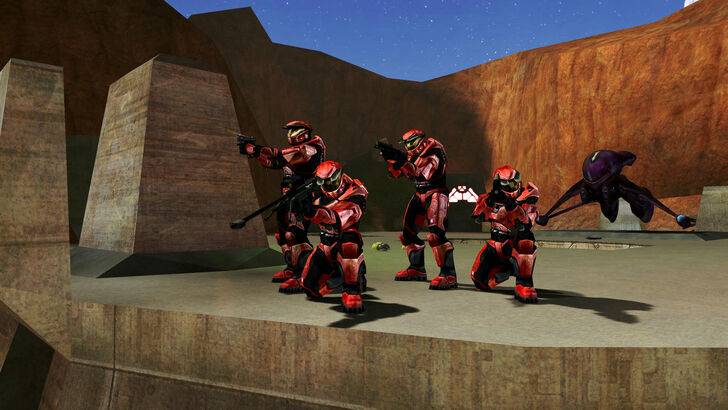
Despite the financial setback from the initial remake, Saber's fortunes changed when Microsoft enlisted them to contribute to Halo: The Master Chief Collection, collaborating with other renowned developers like Bungie and 343 Industries. Saber was also tasked with porting Halo: Combat Evolved Anniversary to the Xbox One. However, a contractual oversight by Microsoft nearly derailed this opportunity. Karch refused to sign the new contract until the clauses that had previously nullified their royalties were removed. Microsoft complied, and Saber was handsomely rewarded with tens of millions of dollars for their efforts on The Master Chief Collection. This substantial payment empowered Saber to pursue more ambitious projects independently. "We’ve watched other people make money on our work. Now we’re going to make money on our own," Karch stated to his partner and Saber COO Andrey Iones.
Saber Interactive Now
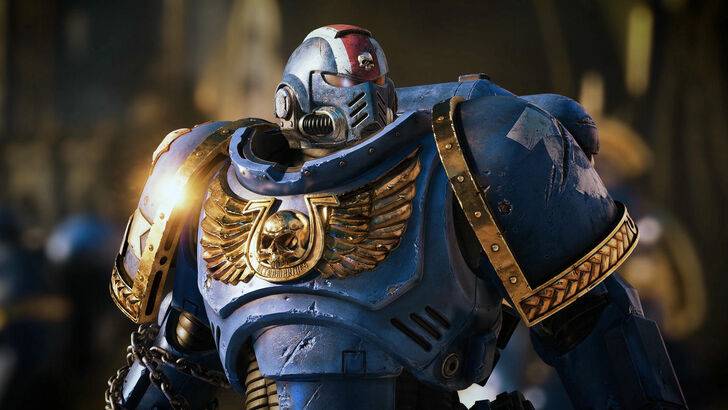
Following their successful stint with Microsoft, Saber Interactive expanded its operations, establishing new studios in Spain, Sweden, and Belarus, and acquiring other studios like Binary Motion and New World Interactive. Their portfolio grew to include high-profile projects such as the Nintendo Switch port of The Witcher 3: Wild Hunt with CD Projekt Red and the development of World War Z.
In February 2020, Saber Interactive was acquired by the Embracer Group, becoming a subsidiary while retaining its autonomy. Under Embracer, Saber continued to grow, acquiring more subsidiaries and developing titles like Evil Dead: The Game. Financial challenges led to Embracer selling Saber Interactive to Beacon Interactive, a company owned by Karch, in a deal that allowed Saber to retain its branded studios and IPs.
Despite the split from Embracer, Saber's Chief Creative Officer Tim Willits reassured fans via X (Twitter) that ongoing projects would continue as planned. Currently, Saber Interactive is actively developing several titles, including Warhammer 40,000: Space Marine 2 (released in September 2024), John Carpenter’s Toxic Commando, and Jurassic Park: Survival.





